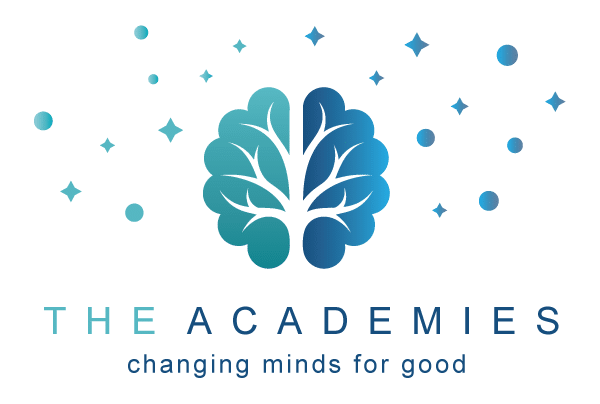Coaching is not just about setting goals and working towards achieving them; it’s about understanding the deeper psychological and biological factors that drive our actions and behaviors. One such drive is called the “seeking” system, a core emotional system that is inherent in every human brain. This system fuels our desire to explore our environment and fulfill both the fundamental and complex needs in our lives.
In this blog, I will explore the seeking system in more detail and how we, as coaches, can leverage this neuro-knowledge to enhance our coaching agreements and support clients in achieving their goals.
What Is the Seeking System?
Neuroscientist and psychobiologist, Jaak Panksepp, identified that every human has this seeking system as a part of a number of our emotional-affective networks within the brain. Along with our seeking network, there are also rage, fear, lust, care, and grief systems that are all part of our wiring as human beings.
Seeking is an inherent drive within us to explore our environment. Further, Mark Solms, a psychoanalyst and neuropsychologist, has said that this seeking instinct is not just a luxury, where we want to go out and find a better job or a nicer home or a better partner. This seeking system is actually a survival system, because it fuels our ability to go and meet fundamental needs like food and shelter, as well as the complex ones that you probably see when people come to you as a coach. For example, those complex more meaningful needs for work and purpose and relationships and depth of meaning within people’s lives.
Two Brain States Relating to the Seeking System
There are a couple of states that our brain can be in as it relates to the seeking system:
- Over-stimulated: We can have an overstimulation of that seeking system. If we’re in that overstimulation zone, then it’s more of a fragmented, frantic, seeking where we’re not doing it necessarily from a purposeful perspective.
- Under-stimulated: Conversely, there is an under-stimulated state for our seeking system, which might be something where we’re a little apathetic, or we’re depressed, because it feels like we just can’t get the things that we want to have.
Awareness of the Seeking System in Coaching
As you are coaching people in your conversations, be aware that there is a biological drive and desire for every one of us to want to explore our environment. Sometimes, that starts with a simple nudge of, “I’m getting a little bored and I want something new.” Or maybe it’s a sense of dis-ease or frustration, with a curiosity that maybe there’s something more out there to be discovered — and that might be the reason that people come to you for coaching.
Regardless, there is something that is always going to be going on in a healthy brain that says, “I want to explore my environment, and I want to see what is out there!”
Being able to take advantage of that neuro-knowledge can add to the depth of the coaching agreements that you make with your clients, as well as your ability to hold the vision that they want for their lives as they move towards things that are meaningful.
Explore the Neuroscience Behind Coaching
Visit our Neuroscience and ICF Core Competency #3 article to deepen your knowledge and understanding of this topic, and keep up with our monthly Neuroscience and the ICF Core Competencies series to continue encouraging your brain! Tune in to our next segment where we’ll explore the neuroscience supporting prediction, agreements, and managing future expectations as it relates to the ICF Core Competency #3.
While you’re here, please explore our ICF-approved coach training programs! We offer courses for coaches starting or advancing their coaching journey, and we’re proud to accept ACSTH and CCE transfer hours in our Level 1 and Level 2 Programs. We’d love to connect with you to explore your questions and curiosities about our neuroscience-based approach to coaching, so schedule a call with us today!
